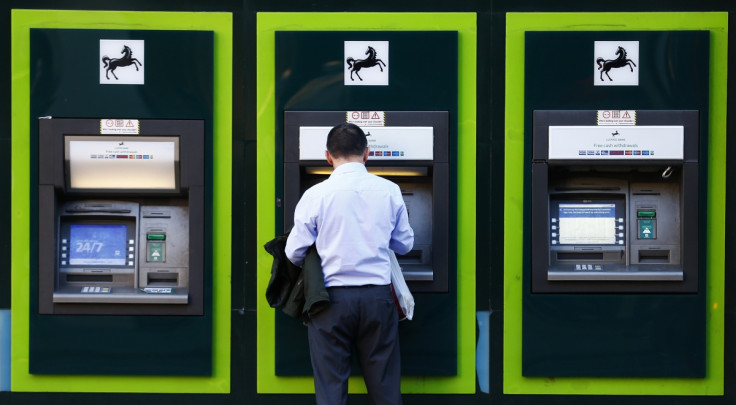Barclays, RBS, Lloyds, HSBC among other banks asked to cut stake in VocaLink by Payment Systems Regulator

Britain's Payment Systems Regulator has asked a consortium of banks and building societies who own VocaLink, to reduce their stake. The move is aimed at increasing competition and allowing new entrants in this space.
The Payment Systems Regulator (PSR) said that while the the country's core payments processing company was owned and controlled by 18 lenders, including Barclays, RBS, Lloyds, HSBC and Santander, it processes more than 90% of salaries, over 70% of household bills and almost all state benefits. In 2015 alone, VocaLink processed more than 11 billion transactions which had a total value of £6tn (€7.6tn, $8.4tn).
"The evidence published today indicates that the common ownership of this infrastructure provider by this small number of banks is having a negative effect on innovation and competition in the industry," PSR said in a statement. The regulator added, "As a result, the PSR is proposing that these banks sell part of their stakes in VocaLink in order to open the market and allow for more effective competition and innovation."
While PSR was set up in 2007 on recommendations by lawmakers following glitches suffered by customers, the payments network is a collection of infrastructure built over the years. According to PSR's claims, the way operators were currently procuring this payment infrastructure made it difficult for other payment processing companies to enter the market.
Hence, to break open the market and allow new entrants, PSR has proposed not only a transparent and competitive procurement process which is subject to independent monitoring, but also a common electronic messaging standard.
Hannah Nixon, managing director at PSR said, "There needs to be a fundamental change in the industry to encourage new entrants to compete on service, price and innovation in an open and transparent way". She added that such proposals could also generate opportunities for new types of payments companies from the "fin tech" sector, Reuters reported.
© Copyright IBTimes 2025. All rights reserved.





















